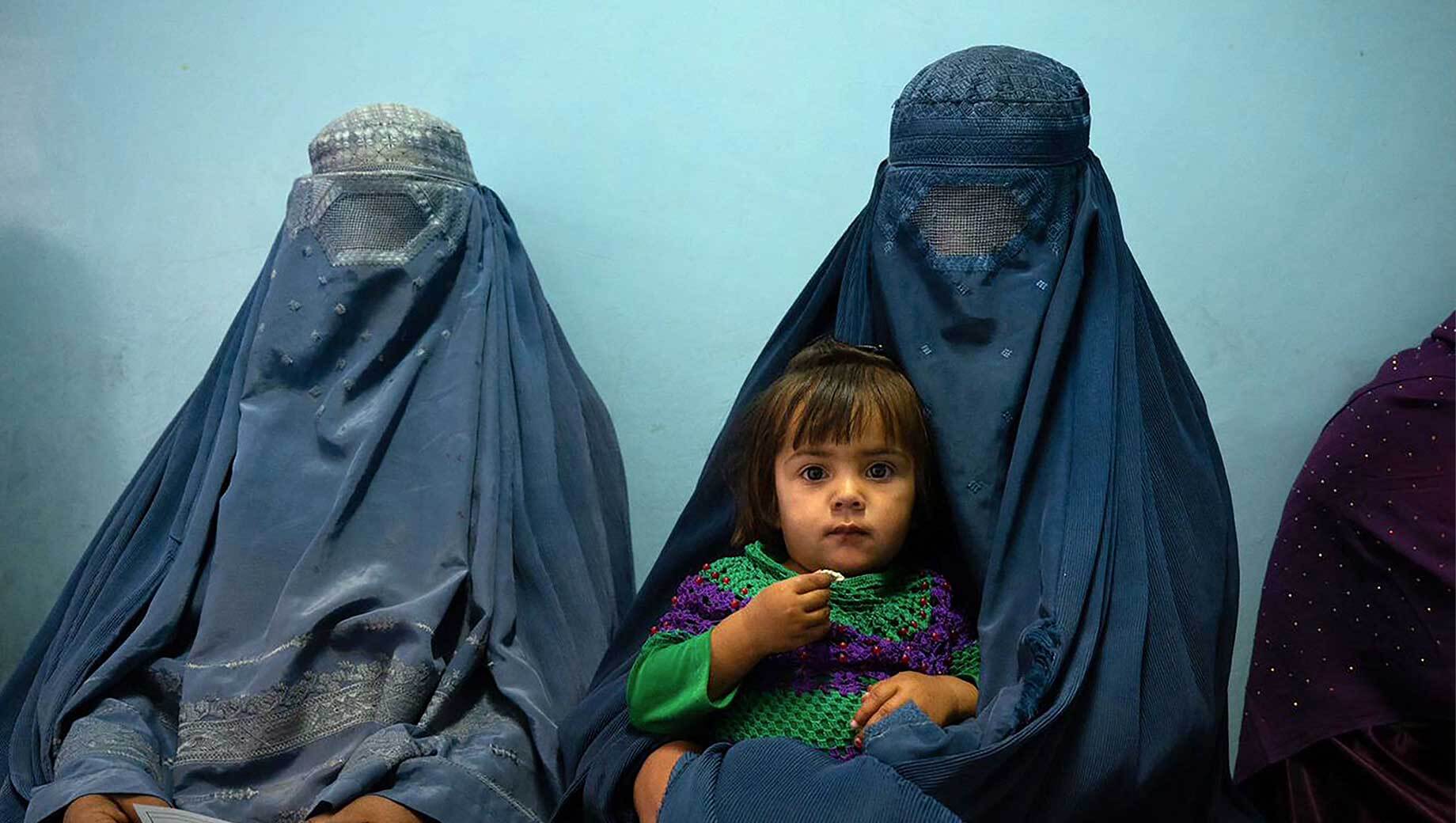On Thursday, in its latest crackdown on women’s rights in Afghanistan, the Taliban announced a ban on women’s entry into parks and gyms.
Ministry of Virtue and Vice spokesperson Mohammed Akef Mohajer said that the group “tried its best” to avoid the ban but said it was forced to take the decision because facilities were not enforcing gender segregation orders and women were not wearing the mandated hijab.
Mohajer said the Taliban would conduct monitoring exercises to ensure that women are kept out of the parks and gyms.
United Nations special representative to Afghanistan Alison Davidian condemned the ban, saying it is “yet another example of the Taliban’s continued and systematic erasure of women from public life.” She called on the group to “reinstate all rights and freedoms for women and girls.”
A female personal trainer in Kabul quoted by Al Jazeera confirmed that the two men had entered her gym and forced all women to leave on Thursday. She also refuted claims about the absence of gendered segregation, saying, “The Taliban are lying … We were training separately.”
In #Afghanistan the Taliban are now imposing even MORE restrictions on women by banning them even from going to parks. https://t.co/Re18MYq2eL
— Sam Zarifi (@SZarifi) November 10, 2022
She further revealed that the Taliban has arrested women who protested the closure. “Now we don’t know if they’re alive or dead,” she lamented.
However, Kabul police chief spokesperson Khalid Zadran said he does not know of any women protesting the gym closures.
Women’s rights activist Sodaba Nazhand also expressed her dismay at the ban and its impact on women, remarking, “Children go to a park with their mothers. Now children are also prevented from going to the park. It’s so sad and unfair.”
The decision has also raised concern among private owners of parks and fitness centres. For instance, the Zazai Park in Kabul saw a complete decline in activity after this week’s ban, with fewer than a dozen men wandering the facility.
The amusement park owner’s argued that children would not visit without women, who usually brought in hundreds of visitors. He thus noted that he could be forced to close the park, which employs 250 individuals.
The Taliban abducted this brave woman last week. Her name is Zainab Rahimi — a women’s rights protester who has been fighting to take back freedom for the women of Afghanistan.
— Shabnam Nasimi (@NasimiShabnam) November 10, 2022
She chants “don’t be scared, we are together in this.”
زن، زندگی، آزادی. pic.twitter.com/NqSySnRNKu
Despite promising that it would not introduce repressive policies that characterised its rule in the 1990s, the Taliban has launched several attacks on women’s rights since its takeover of Afghanistan in August 2021.
Just last week, United Nations rights office spokesperson Jeremy Laurence raised concern about the Taliban’s disruption of a women’s civil society organisation press conference after the group detained five female organisers and conducted invasive body searches.
Similarly, on Tuesday, the Taliban arrested women’s rights activist and founder of the Spontaneous Movement of Afghan Women, Farhat Popalzai.
Over the past few months, Afghan women have been barred from travelling long distances without a male chaperone, restricted from schools and colleges, barred from workplaces, banned from obtaining driving licenses, and ordered to cover their faces from head to toe in public spaces. It has also eliminated the Ministry of Women and replaced it with the Ministry of Vice and Virtue.
Unbelievable courage shown by school-girls protesting against Taliban medieval ban on girls education.
— Shabnam Nasimi (@NasimiShabnam) November 6, 2022
Afghanistan’s heroic women & girls have nothing left to lose. They refuse to be silenced in face of mounting Taliban violence and repression. pic.twitter.com/55CRUKjiFQ
The issue of women’s rights has been a cause of concern for the international community, which has been hesitant to release development funding or resume diplomatic engagement until the treatment of women is improved.
United Nations Special Rapporteur on Human Rights in Afghanistan Richard Bennett published a report on 9 September lamenting the “staggering regression” in women’s civil, political, economic, social, and cultural rights, which he said has caused them to “disappear from all spheres of public life.”
Nevertheless, the Taliban insists that its regime ensures women’s rights as per Sharia law. Rejecting the UN report, the group’s spokesperson, Zabihullah Mujahid, stressed that Afghan women are safe and face “no threat.”

